43 do babies get runny nose when teething
Do babies get runny nose when teething? When a baby is teething, doctors have found symptoms consistent with this process. In addition to irritability, drooling, and loss of appetite, a runny nose is also a symptom. All that extra discharge might be caused by inflammation around the teeth. Can teething cause runny nose sneezing? 29/08/2008 at 12:17 pm. I was told when mine had the runny teething problem that it was because they were swallowing a lot more saliva than normal due to all the chewing and drooling when the teeth are on their way, seemed to make sense of it for me as they weren't poorly just going more often with the runny tummy.
The link between teething and baby runny nose makes for a debatable topic. Some parents and doctors have reported having their little ones, and patients, get a runny nose during the teething stage. Based on this, proponents of this argument hold the opinion that teething causes slight runny nose that is often accompanied by a cough.
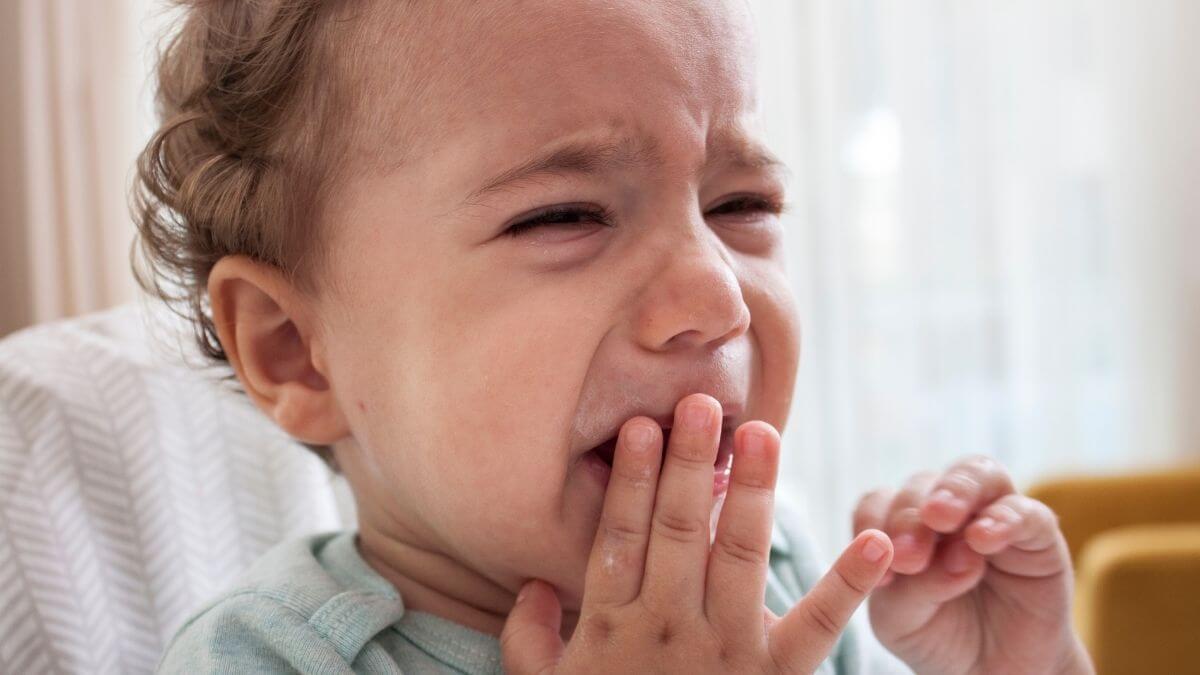
Do babies get runny nose when teething
And when that nose becomes congested, the baby will become fussy, unable to sleep and may have trouble feeding. If your baby is congested, it was likely caused by a cold, the flu, allergies or a sinus infection -- not teething. When a baby is teething, doctors have found symptoms consistent with this process. In addition to irritability, drooling, and loss of appetite, a runny nose is also a symptom. All that extra... They may also take ibuprofen if they are older than 6 months of age.". So while teething doesn't cause diarrhea, runny noses, or fevers, it does cause a lot of stress and discomfort for the ...
Do babies get runny nose when teething. Do Babies Get Runny Nose When Teething. 060951ff0b dream meaning teeth falling out blood cleaning cat teeth at home teeth hurts after drinking it hurts to chew my teeth hurt four kinds human teeth cheap teeth effect bands sex and the city 2 the movie online prevent tooth decay babies my teeth sore morning cutting teeth at 4 months old Her study found that symptoms associated with teething included rashes, drooling, runny noses, short-lived diarrhea, crankiness, loss of appetite and mild temperatures. The symptoms were never severe, and they weren't prolonged, often beginning the day a pearly white popped through and lasting until the day after. Is it normal for my baby to have a runny nose when teething. she is 10 months old now? Dr. Cornelia Franz answered Specializes in Pediatrics Yes: Think about it...When children are teething, teeth are literally cutting through the gums and the mouth is full of bacteria. Many children then get mi... Read More 6.1k views Reviewed >2 years ago Thank When a baby is teething, doctors have found symptoms consistent with this process. In addition to irritability, drooling, and loss of appetite, a runny nose is also a symptom.
It affects more than 85% of teething babies. Your child may respond by biting or chewing on toys or other objects. Or you may see them rubbing their gums or cheeks. They may feel better after... So while teething itself is not likely the cause of your little one's fever, runny nose, and diarrhea (and associated diaper rash), it is likely a byproduct of the attempt to relieve those symptoms. Is Teething Pain Worse In The Evening? Anther common questions is why teething pain and discomfort is worse during the night time hours. Runny nose that lasts for more than 10 days isn't a sign of teething but for a sign of infection. Source: id.pinterest.com. Teething does not cause fever, diarrhea, diaper rash or runny nose. Some parents and doctors have reported having their little ones, and patients, get a runny nose during the teething stage. Source: www.pinterest.com ... Babies get colds once a month on average, Allergies can also cause a runny Teething and Runny Nose A runny nose which occurs due to teething usually develops a short period of time before the teeth break through, Pediatrician-approved teething remedies, A runny nose can result from exposure to Author: Amanda Barrell
Do Babies Get A Fever And Runny Nose When Teething? If you brush your teeth, you don't usually get fever, diarrhea, diapers rash or a runny nose. There is not a lot of crying here. A baby does not become a more sensitive child to it as a result. Runny nose: Runny nose that lasts for more than 10 days isn't a sign of teething but for a sign of infection. You should immediately contact the pediatrician. Cough: If your baby has a continuous cough with a high fever and cold, it could be a sign of flu. You should contact your infant's doctor immediately. However, there is no evidence that teething causes a runny nose, a fever, diarrhea, vomiting, or excessive crying. These symptoms more likely result from exposure to the wider world and childhood illnesses. Can teething cause congestion and cough? Teething can cause an excessive amount of drool to drip down the back of your baby’s throat. 13 Nov 2018 — Often, symptoms like pain, irritability, a runny nose, fever, sleeping problems are associated with teething. · Some of the most common symptoms ...
Teething does cause other symptoms, but most experts believe that runny noses in particular are not caused by teething, says BabyCenter.com. Symptoms of Teething Babies who are teething usually exhibit increased saliva and drooling, which can cause a red rash to develop around the mouth area. This may sometimes resemble clear nasal mucus.
Teething of baby teeth is a real test not only for children, but also for parents. Some babies experience this process quite easily, while others have to endure such troubles as pain, fever, runny nose and cough. In any case, parents should do everything to alleviate the condition of the crumbs.
The Seattle Children’s Hospital warns that teething does not cause a runny nose, fever, diarrhea, or diaper rash. However, some experts believe that there may be an indirect link and that the...
Teething does not cause fever, diarrhea, diaper rash or runny nose. It does not cause a lot of crying. It does not cause your baby to be more prone to getting sick. Caution about Fevers. Blaming teething for fevers can lead to a delay in seeking care for infections. Examples are ear and urinary tract infections. Another example is meningitis.
According to them, stress and bodily changes of a baby during teething make it prone to infections, causing runny nose and fever. Babies chew on almost anything to alleviate the pain, and sometimes the items going in their mouth might have germs causing an infection. Also, from six months, a child enters a rapid growth period.
Unlikely symptoms of teething in babies , include ; runny nose, fever, diarrhea and diaper rash. Teething in babies often do not cry , if your baby is crying a lot , try and conduct your baby health care provider. How to stop runny nose in babies. Teething baby in symptoms of teething runny nose.
During teething, babies are more susceptible to illness as their natural immunity from their mother fades away. And because of this, it's difficult for parents to know if their cough is from a cold or teething. Symptoms can include: Runny nose Sneezing Loss of appetite Swollen glands Fever
One of the first signs of teething is the increase in saliva, causing your precious little bundle to resemble a rabid dog more than the Gerber baby. Be prepared to add a bib to the daily wardrobe. The drooling may start several weeks, even months before the first tooth appears. Nasal Congestion:
If your baby's runny nose isn't a symptom of teething, your baby most likely has a cold. Colds become more common around 6 months of age. If your baby is otherwise healthy, a cold with little to no fever doesn't warrant a trip to the doctor, unless you're concerned.
So, do babies get stuffy noses while they're teething? Usually not. Teething can sometimes be related to a runny nose due to inflammation of the mouth and gums, but if what you're seeing in your infant is nasal congestion, it's likely the common cold. Can teething cause cough and runny nose?
The signs and symptoms of common childhood illnesses can be similar to those of the teething problems. Your little one can get irritable and refuse to eat, or have difficulty sleeping. Some common signs and symptoms of teething illness: The child has a runny nose or sounds congested A fever There are rashes on the child's the body
They may also take ibuprofen if they are older than 6 months of age.". So while teething doesn't cause diarrhea, runny noses, or fevers, it does cause a lot of stress and discomfort for the ...
When a baby is teething, doctors have found symptoms consistent with this process. In addition to irritability, drooling, and loss of appetite, a runny nose is also a symptom. All that extra...
And when that nose becomes congested, the baby will become fussy, unable to sleep and may have trouble feeding. If your baby is congested, it was likely caused by a cold, the flu, allergies or a sinus infection -- not teething.




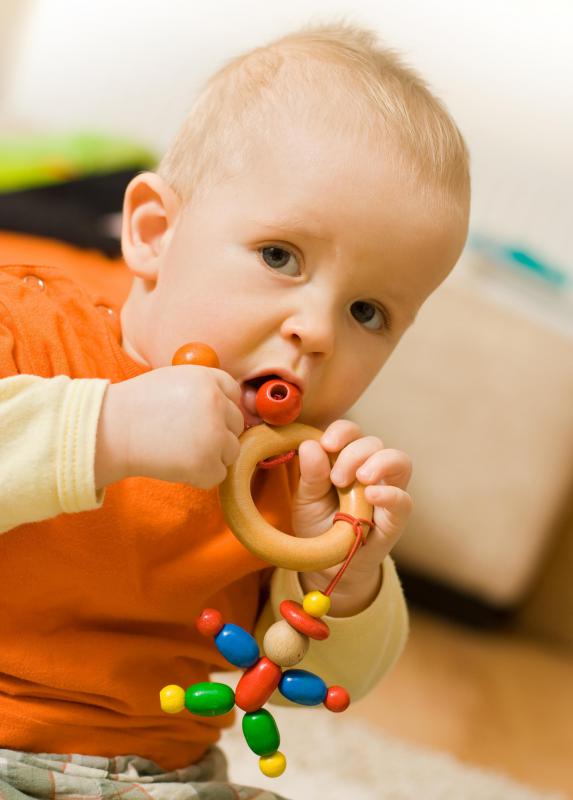



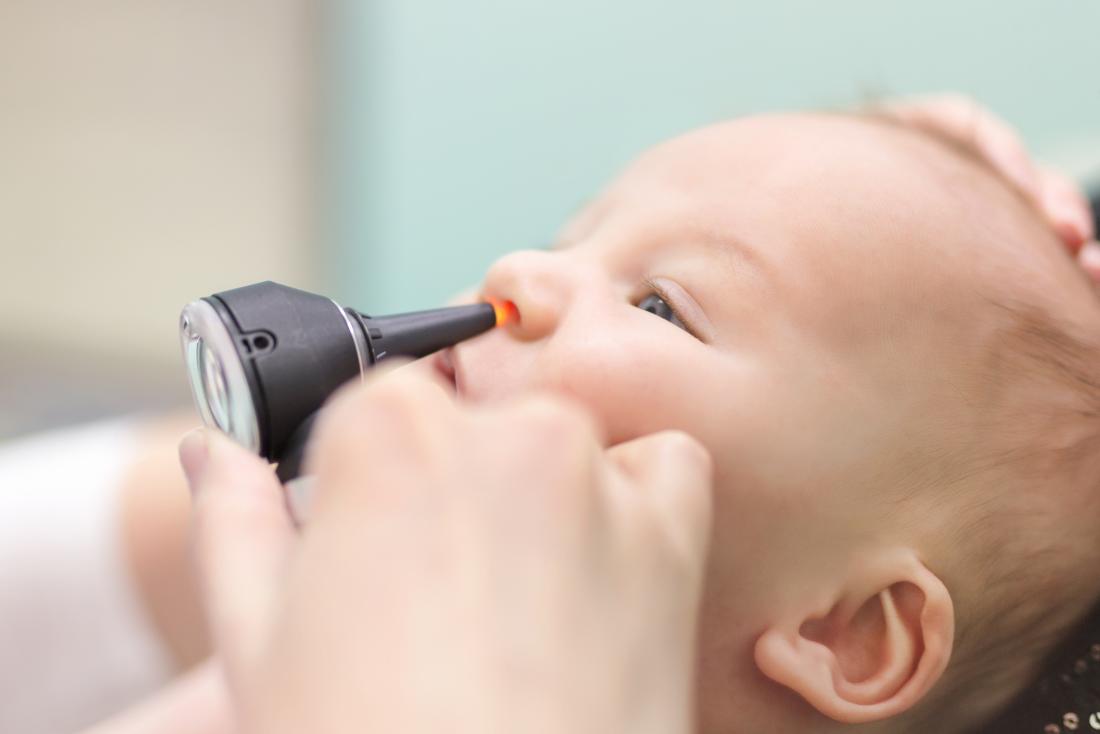


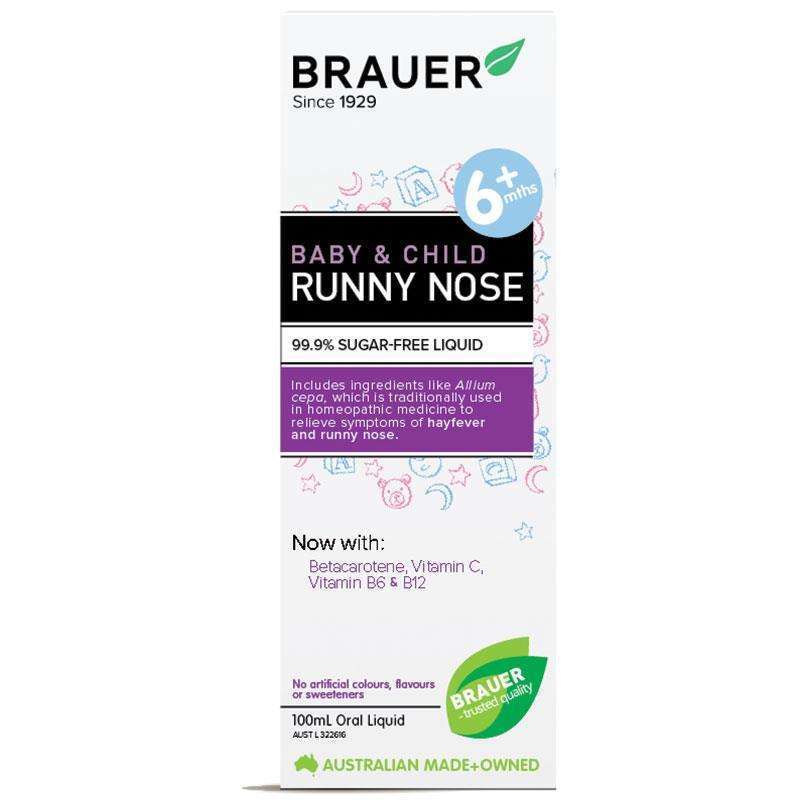
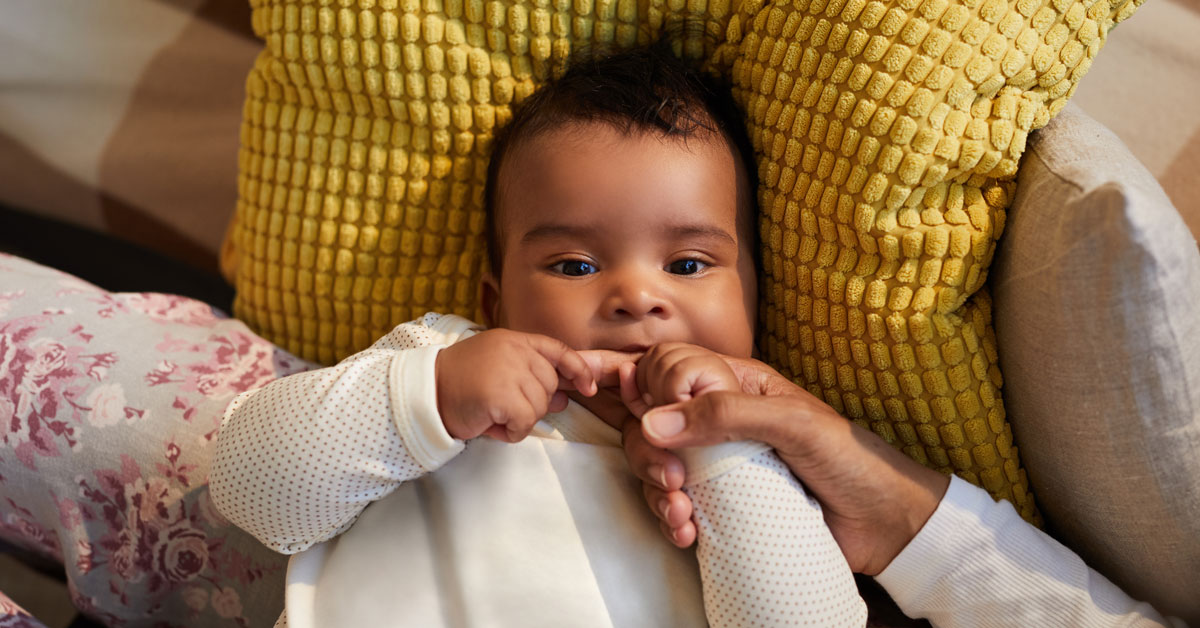

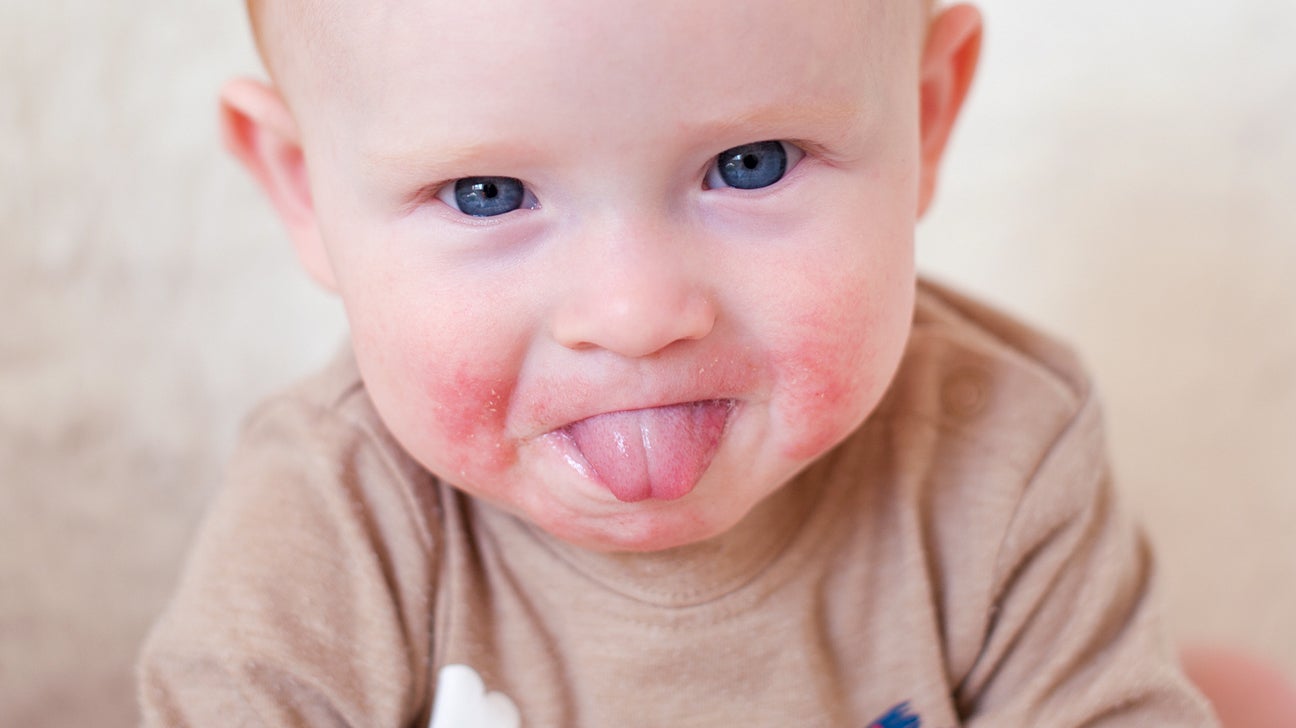



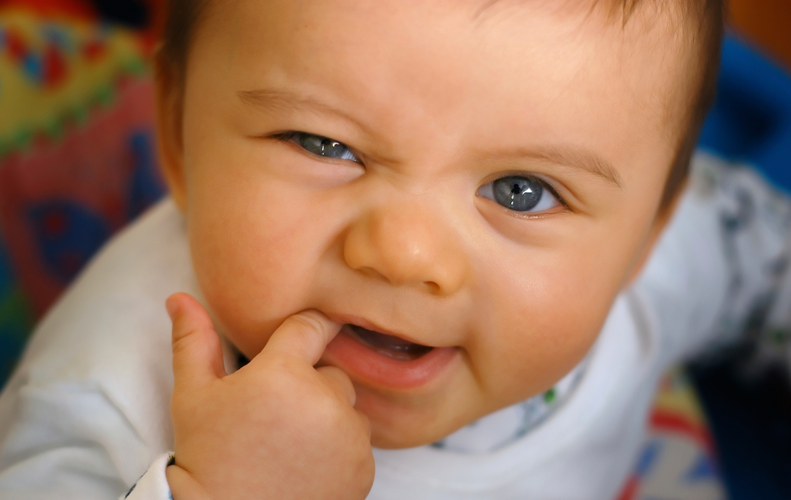

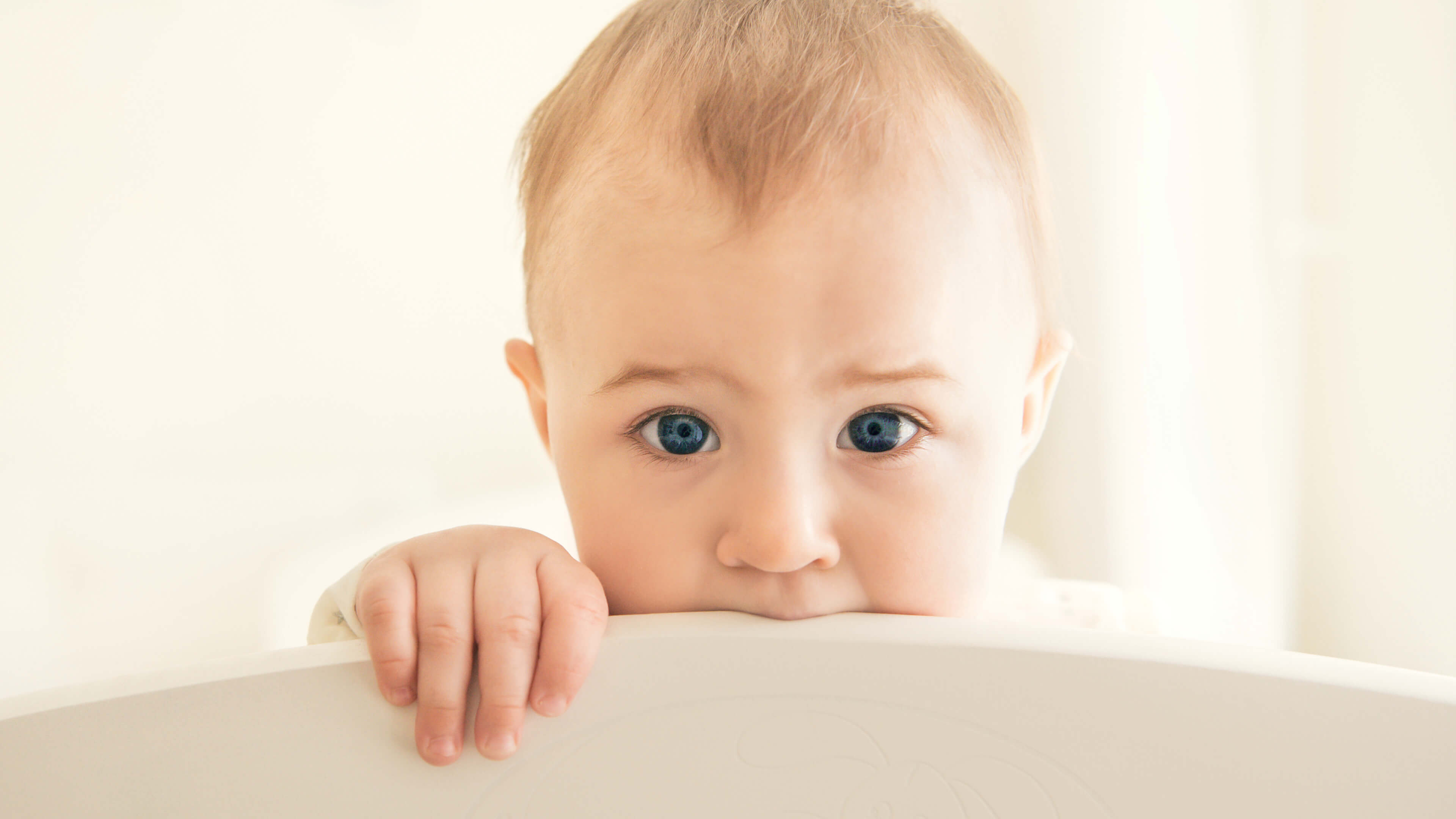
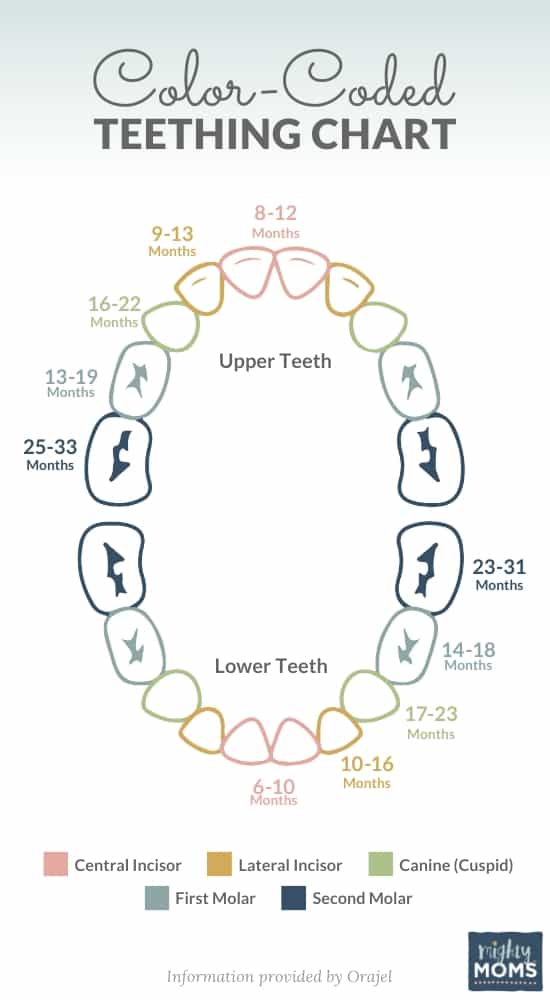

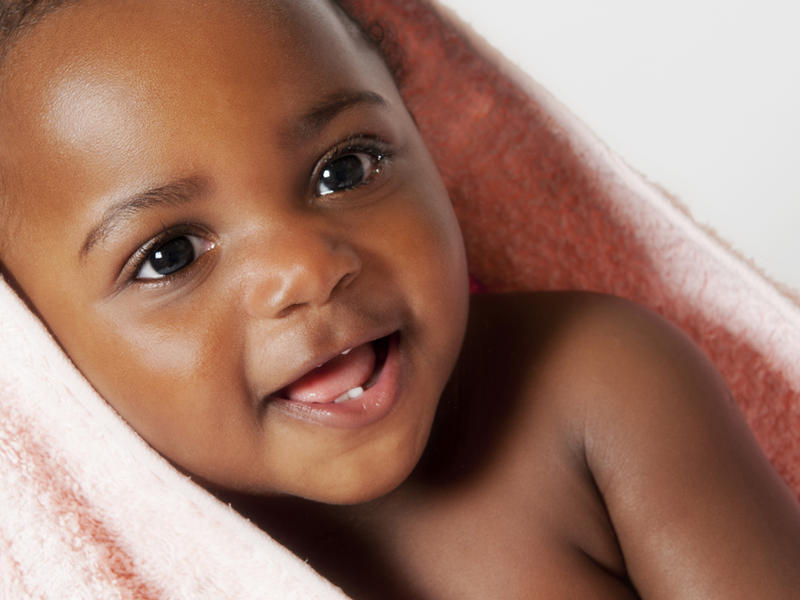
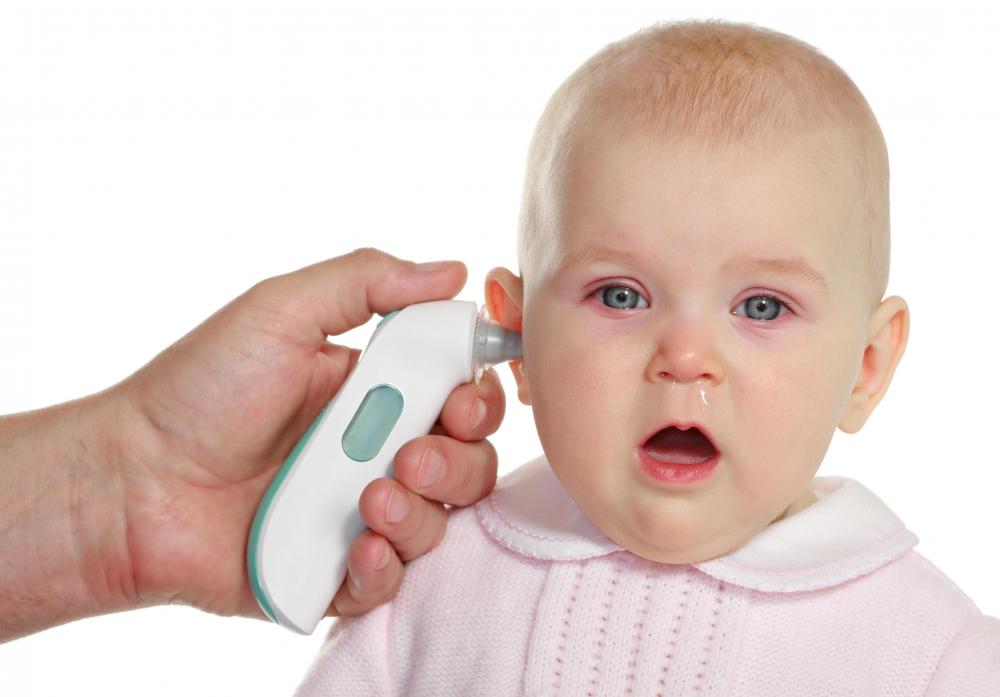
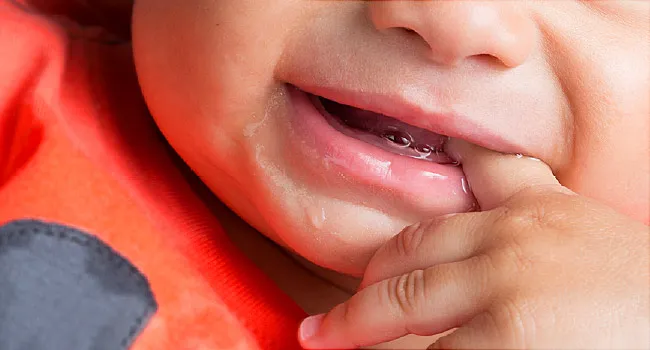
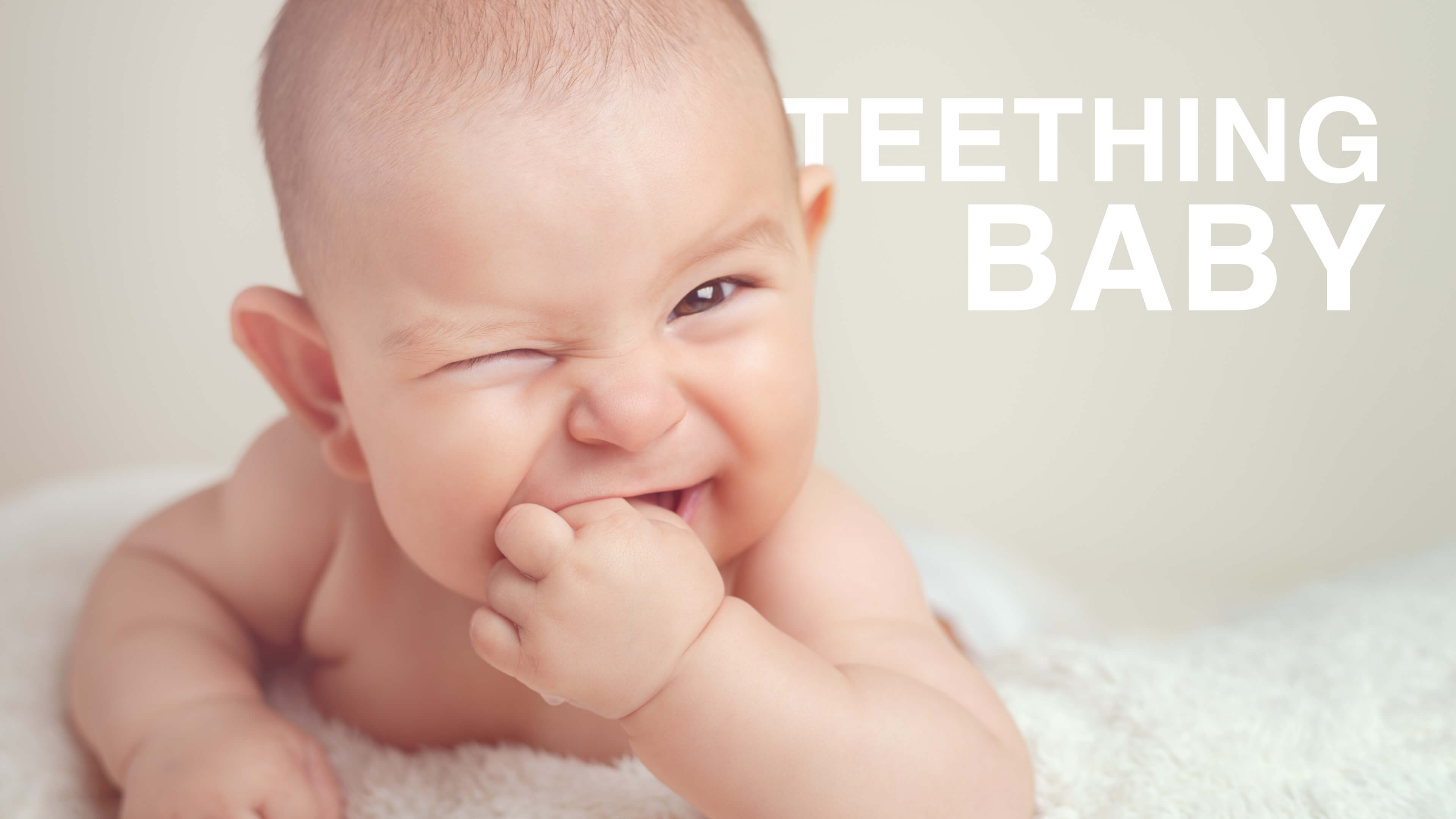
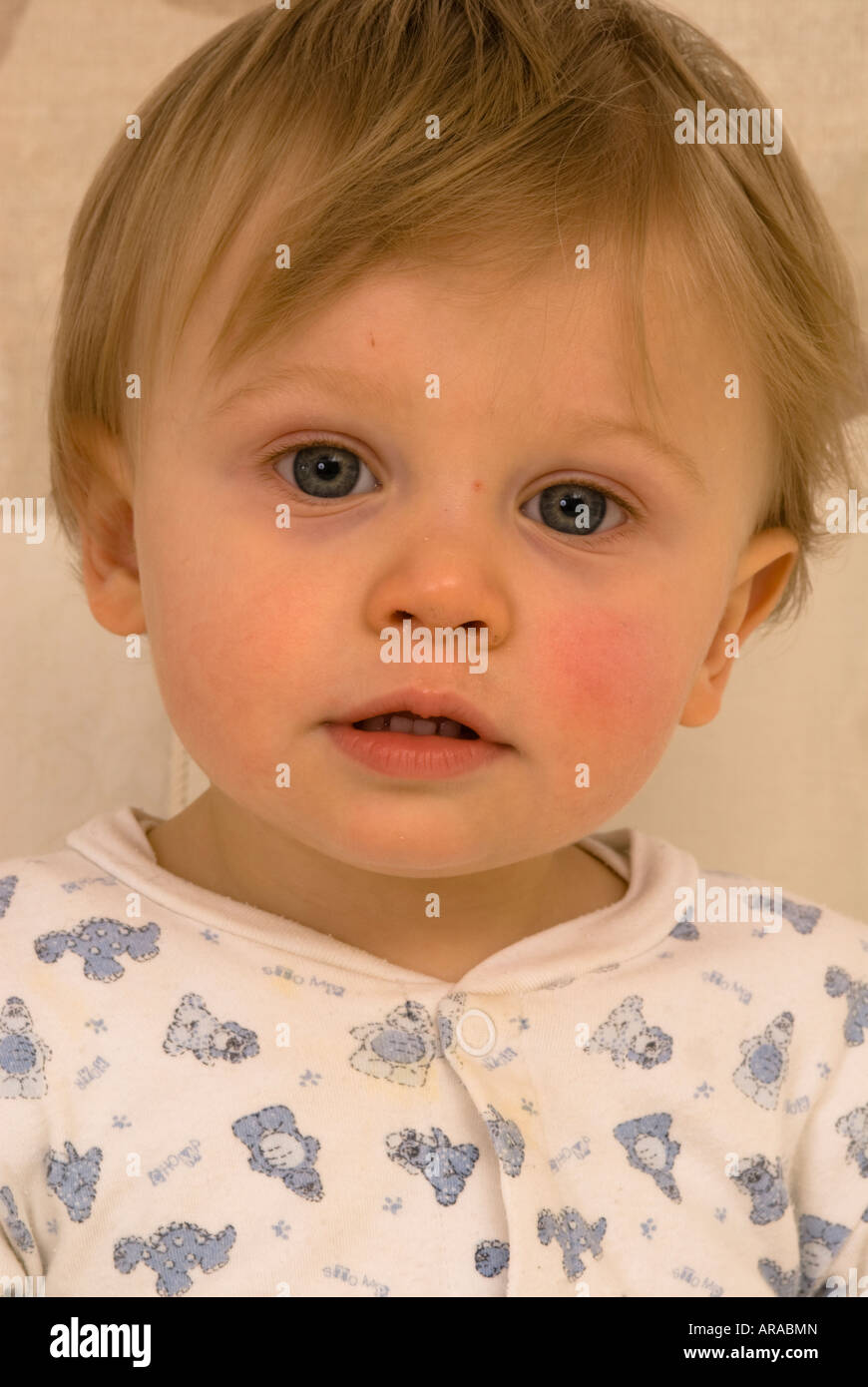
/at-what-age-will-my-baby-start-teething-5085119_text-6f827b0d6c184a3f9cc934cf101596c2.png)

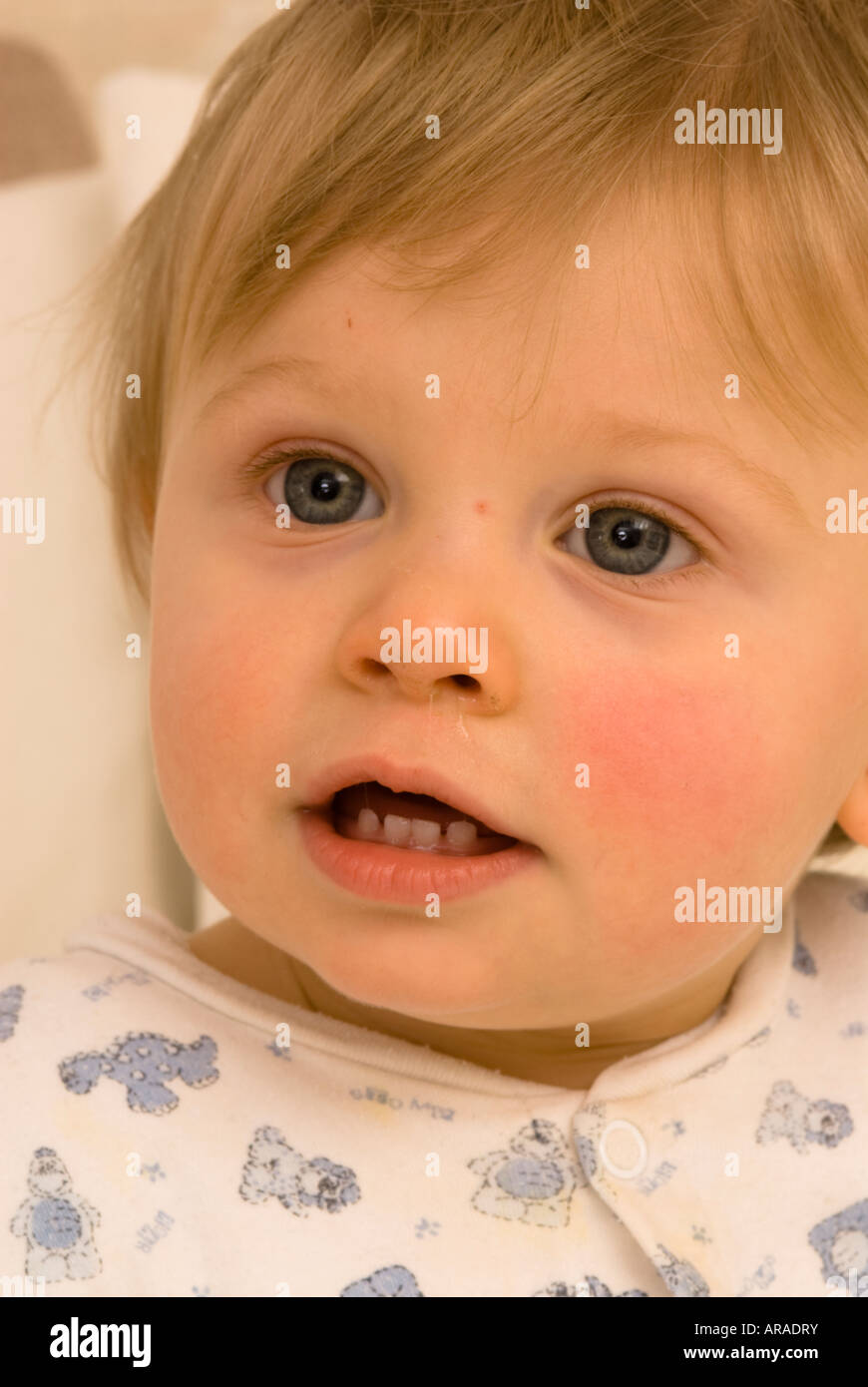
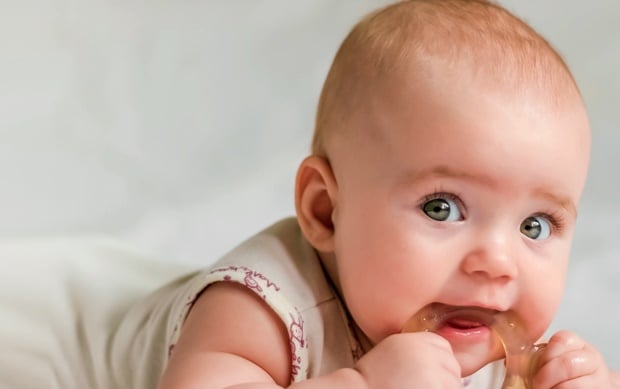




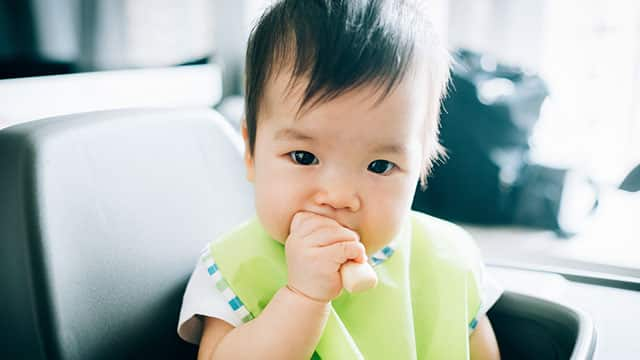
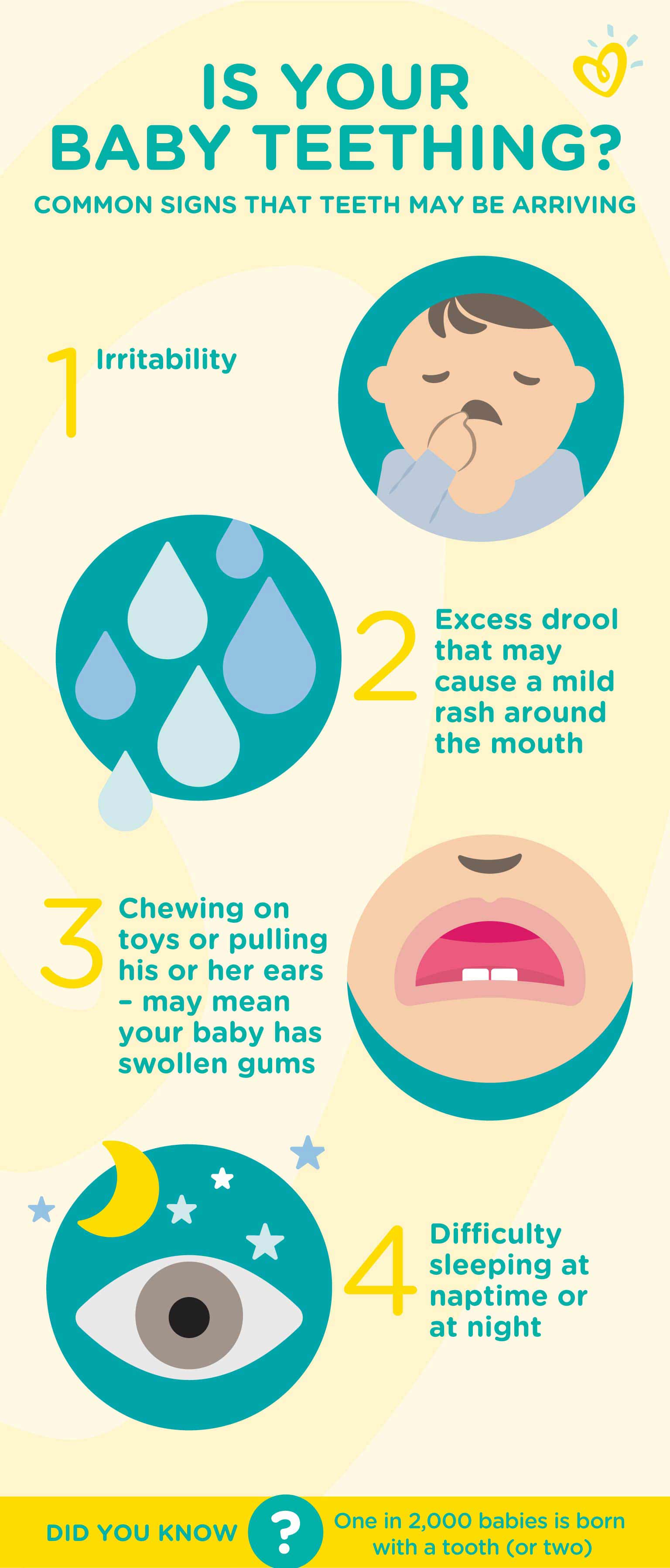

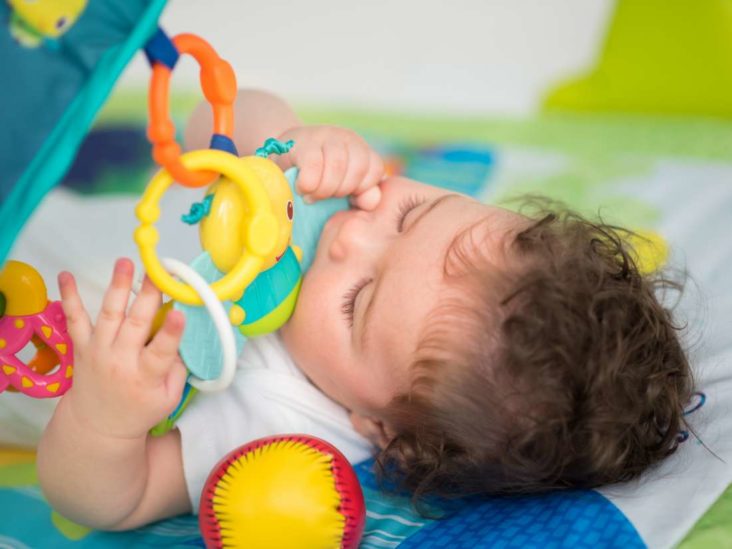

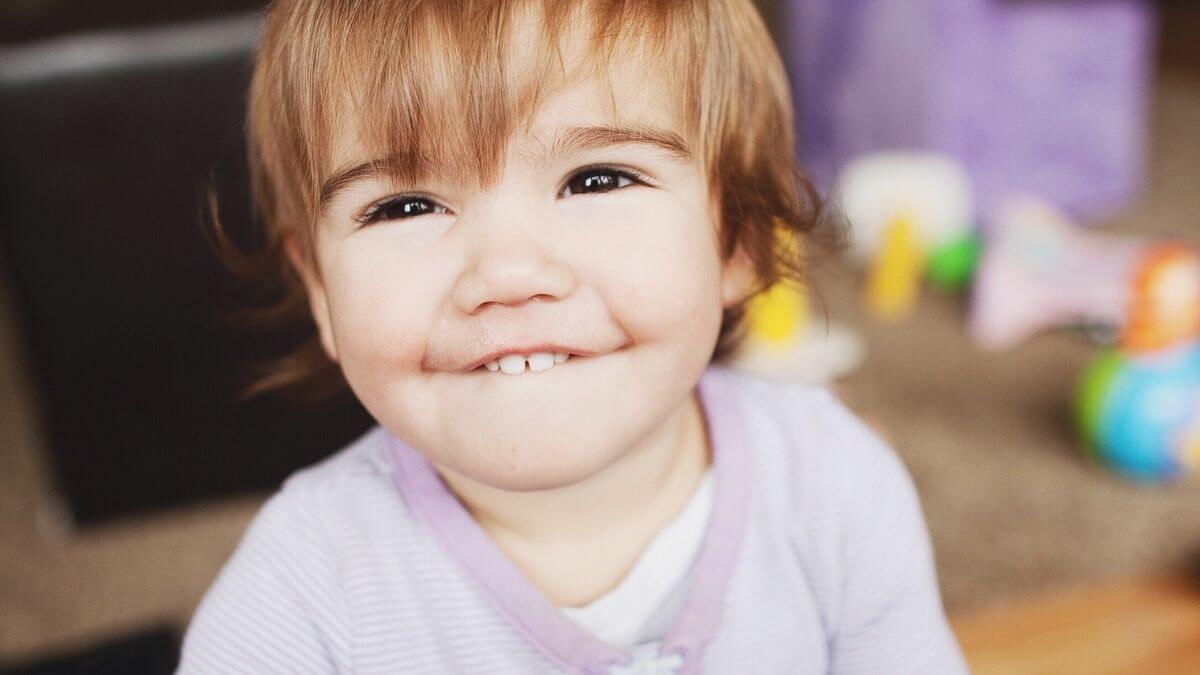
0 Response to "43 do babies get runny nose when teething"
Post a Comment